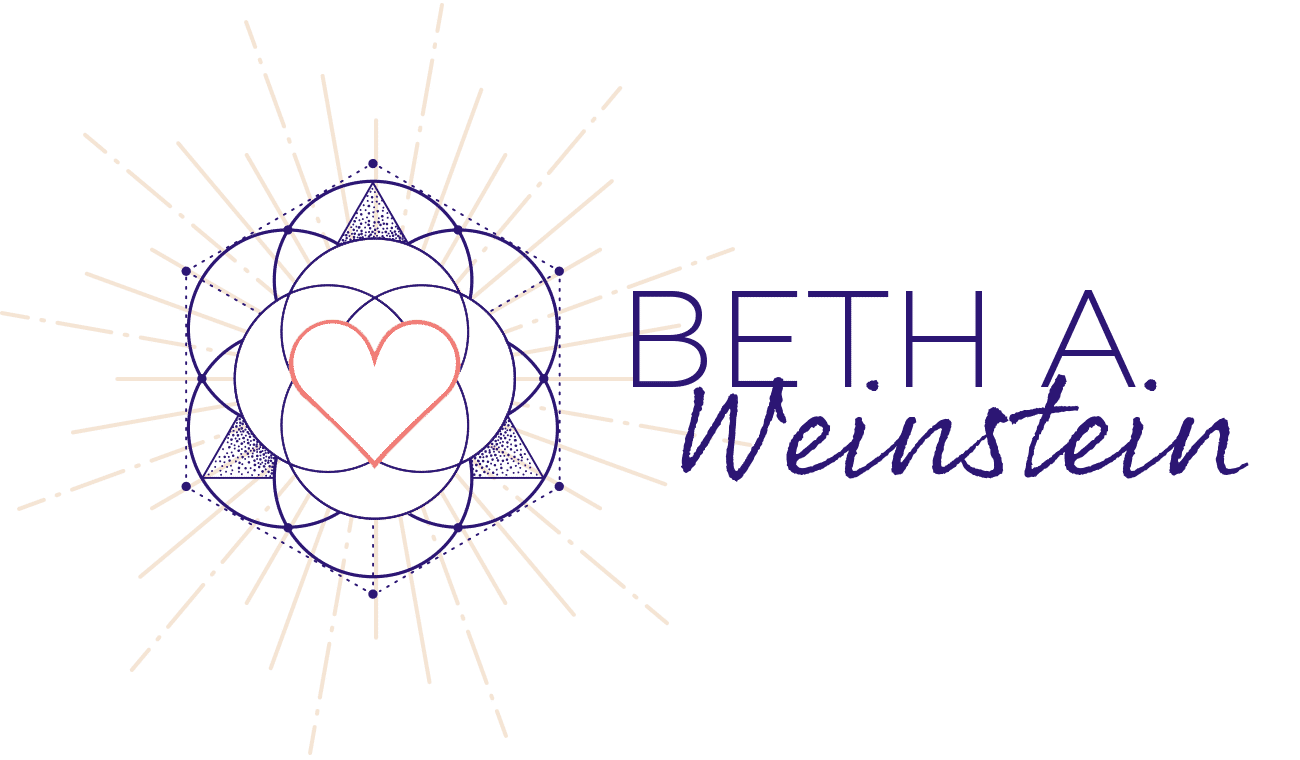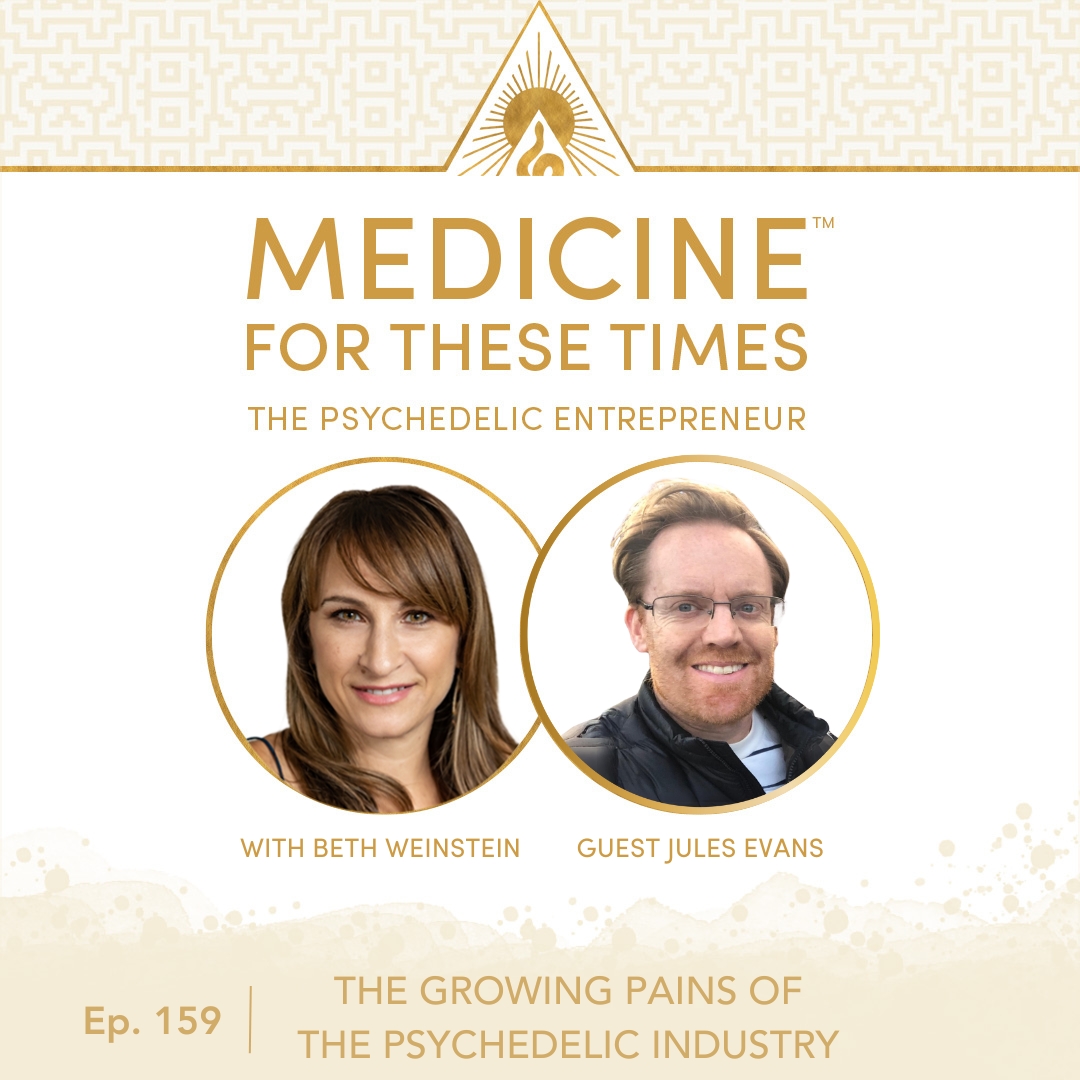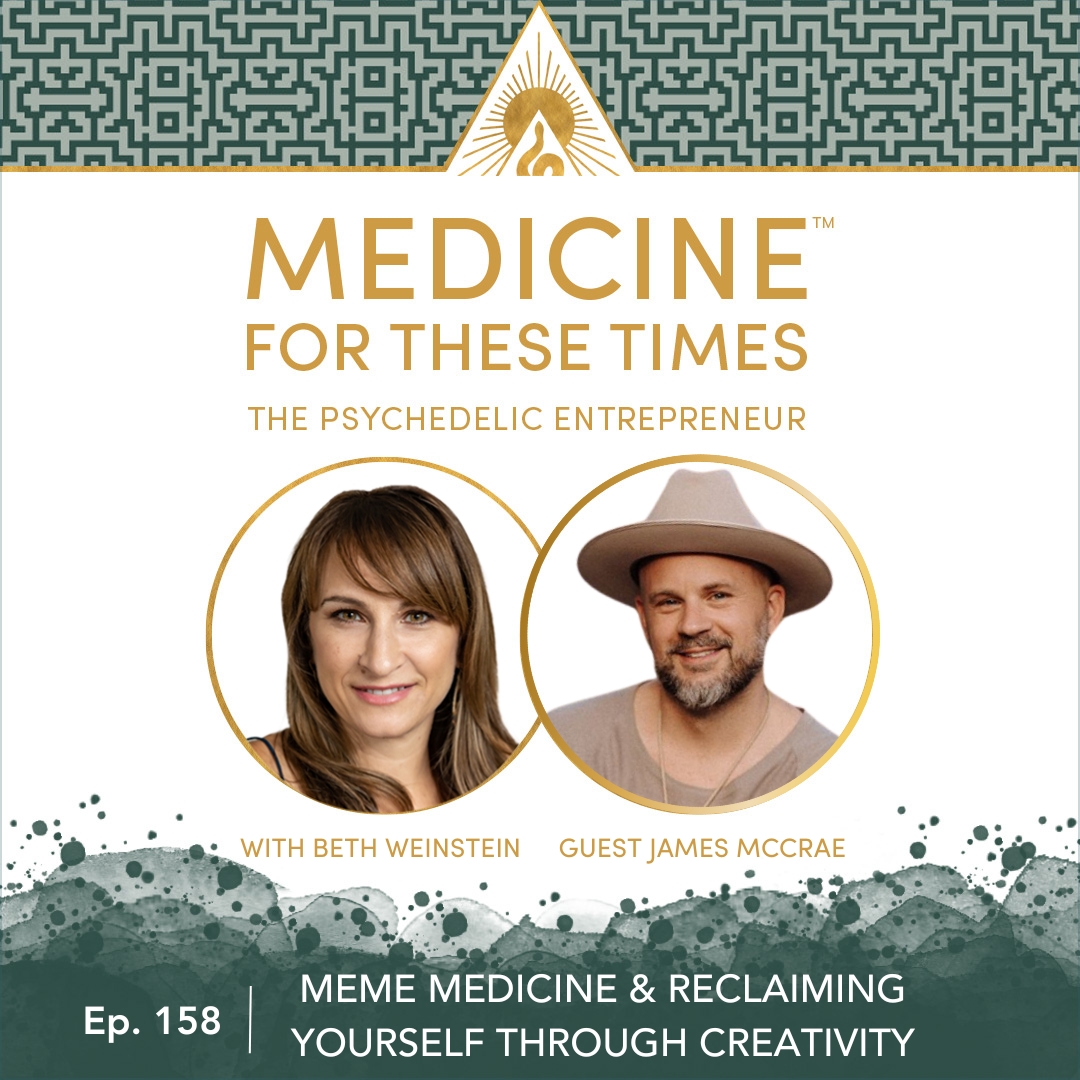Saj Razvi: The Role of the Body in Psychedelic Therapy: A Highly Relational Alternative to the Sitter Model, Episode 106, The Psychedelic Entrepreneur Podcast 
Saj Razvi, LPC is the founder and Director of Education at PSI. He is a psychotherapist and former clinical researcher in the MAPS Phase 2 trial of MDMA-assisted psychotherapy. He is faculty at Synthesis, taught PTSD studies at the University of Denver, as well as a PhD course at the University of Copenhagen. He is one of the primary developers of the Psychedelic Somatic Interactional Psychotherapy (PSIP) modality which is a next generation, primary consciousness oriented psychotherapy. The focus of PSIP is to maximize the relational and autonomic nervous system healing capacity of psychedelic medicine to treat complex, childhood developmental trauma.
Saj’s primary focus is to train clinicians to provide legal, effective psychedelic treatment in their private practice settings utilizing readily accessible medicines such as cannabis and ketamine. He provides PSI trainings and supervision to students internationally.
In this episode, Saj Razvi and Beth Weinstein discuss…
- PSIP focuses on treating childhood developmental trauma with psychedelics
- Saj trains clinicians to provide legal, effective psychedelic treatment in their private practice settings and offers PSI trainings and supervision to students internationally
- PSIP emphasizes interactional therapy and relational healing to address patterns of attachment
- All psychedelics take us to a non-ordinary state of consciousness and work with the default mode network
- Cannabis is a “narrow” psychedelic that engages dissociation in a way that other medicines don’t
- Psychedelic therapy is inherently destabilizing and requires the ability to stabilize between therapy sessions
- The PSIP modality goes to the most activated and numbed out places and offers connection and nurturing so a client can re-experience and re-associate difficult memories
- Becoming a psychedelic-assisted therapy practitioner takes time and effort and it is important to take the time to develop skills and work ethically
- Concerns about the exponential growth in the psychedelic field
Saj Razvi’s Links & Resources
Website ▶ : https://www.psychedelicsomatic.org/
Instagram ▶ : https://www.instagram.com/psychedelicsomatic/
Facebook ▶ : https://www.facebook.com/psychedelicsomatic/
YouTube ▶ : https://www.youtube.com/channel/UChk9gjqBRfBe3uERIJY82bg
Free Gift ▶ : An hour-long video on Mapping the Autonomic Nervous System: https://www.psychedelicsomatic.org/resources
Free Gift ▶ : A Case Study on cannabis-assisted psychotherapy for complex dissociative posttraumatic stress disorder: https://www.frontiersin.org/articles/10.3389/fpsyt.2023.1051542/full
If you enjoyed this episode, please leave a review HERE! My mission is to help as many people as possible to Share Their Unique Medicine, and when you leave a positive review, more people can find and learn from this podcast! Just click here to review, select “Ratings and Reviews”, then “Write a Review” and share what you liked. Thank you!




